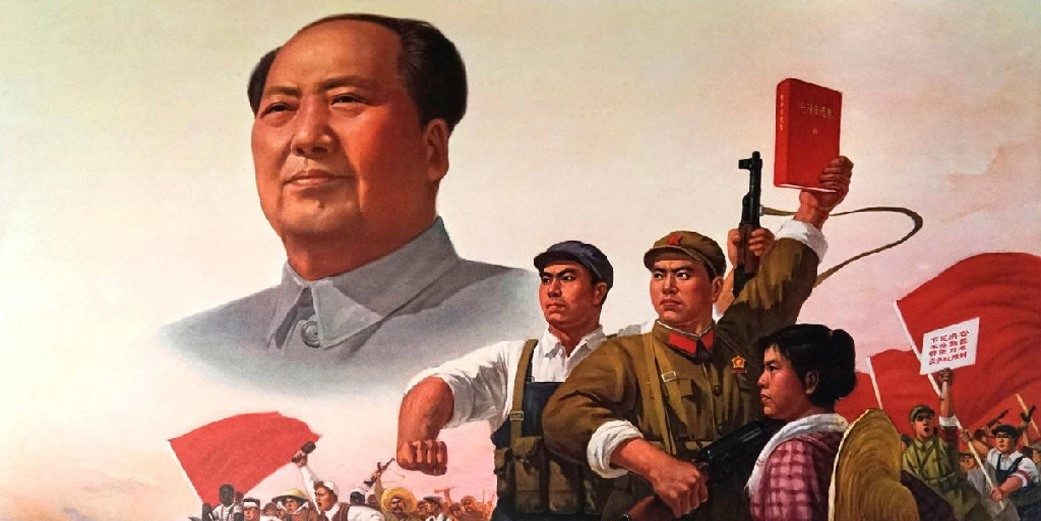The following piece, authored by two scholars at the American Enterprise Institute and the Heritage Foundation, presents a devastating case for the reduction if not outright elimination of DEI bureaucracies on the college campuses, bureaucracies with big payrolls, an amorphous mission and weed-like growth.
By Frederick M. Hess | Jay P. Greene
September 19, 2022

Diversity, equity, and inclusion are admirable things. We’re quite fond of diversity and inclusion, in principle, and equity sounds a lot like equality, which we rather like. Unfortunately, in higher education, “Diversity, Equity, and Inclusion (DEI)” has taken on an Orwellian aspect — becoming a tool of “groupthink, censorship, and exclusion.”
At too many colleges and universities, DEI administrative units now pose a profound threat to free inquiry and academic integrity.
More than a few reputable observers have suggested that we’ve reached “peak woke” and that the stifling threat to free thought is no longer ascendant. But the status quo is not acceptable. Unless the DEI infrastructure is rolled back, it will continue to quietly distort higher education.
Given the relatively recent provenance of campus DEI bureaucracies, many readers may be unfamiliar with just what they do. After all, they are not academic units (like gender- or ethnic-studies departments). Nor are they legal-compliance staff charged with overseeing civil-rights laws (as with Title IX officials).
In fact, because DEI staff are not charged with conducting research, teaching classes, or avoiding lawsuits, they enjoy an amorphous charge and remarkable leeway.
In practice, DEI staff operate as a political commissariat, articulating and enforcing a political orthodoxy on campus. The National Association of Diversity Officers in Higher Education describes itself as “a leading voice in the fight for social justice” and lays out its plan for political action by “creating a framework for diversity officers to advance anti-racism strategies, particularly anti-Black racism, at their respective institutions of higher education.” They emphasize that this effort “requires confronting systems, organizational structures, policies, practices, behaviors, and attitudes. This active process should seek to redistribute power in an effort to foster equitable outcomes.”

Universities have expanded the ranks of this DEI political commissariat at an extraordinary rate. A review of 65 universities in the Power Five athletic conferences found that the typical institution has 45 diversity-staff members on its payroll. That is more than four times as many employees as are devoted to supporting students with special needs (even though accommodations for disabilities, unlike DEI, is something institutions are legally required to provide). In fact, the typical university has roughly one DEI staffer for every 30 tenured or tenure-track professors.
The ostensible purpose of DEI is to provide programming and training that will make universities more inclusive, welcoming, and supportive. As the National Association of Diversity Officers in Higher Education puts it, “We know students, faculty, and staff build a stronger sense of identity and belonging, which lead to better outcomes, when their diverse strengths, abilities, interests and perspectives are understood and supported.”
Again, this sentiment is admirable in theory. In practice, there are big problems. For starters, there’s little credible evidence for the claim that DEI staff strengthen identity and belonging in a way that promotes better outcomes. In fact, surveys of all students (as well as of minority students) which ask about how welcome they feel on campus tend to show worse results at universities with larger DEI staffs.
What’s going on? It’s not complicated. A bigger, more aggressive DEI staff is better able to operate as an ideological commissariat, sowing division and distrust as it enforces campus orthodoxy.

This is exactly what Ryan Mills and Isaac Schorr found when they took a deep dive into DEI at the University of Michigan (U-M). As U-M more than quadrupled its DEI staff over two decades, from 40 in 2002 to 167 in 2021, the campus climate deteriorated: “Rather than make U-M a more tolerant place, there’s evidence that its DEI push has instead created a more culturally rigid campus, the kind of place where woke students and staff are forever on the lookout for offenses against the politically correct orthodoxy.”
By signaling what views were “problematic” while helping to organize and amplify the voices of campus radicals, DEI staff stifled free inquiry and robust scholarly discussion among students and faculty.
Order BRUTAL MINDS for a complete exposé of university bureaucracies corrupted by neo-Marxism.

